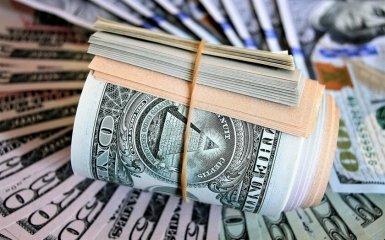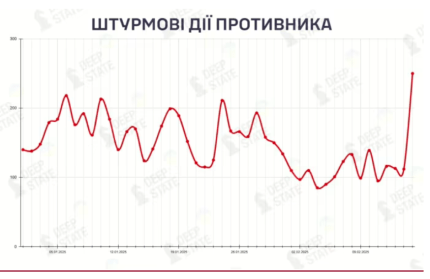Russia announced its alleged readiness to use frozen assets due to the unleashed criminal war against Ukraine to compensate countries affected by climate change.
What is known about the Kremlin's desire to save its frozen assets
According to the publication, the representative of the aggressor country on climate issues, Ruslan Edelgeriev, said at the COP28 summit (a conference of the participants of the UN Framework Convention on Climate Change) that such a decision would allegedly help reduce the gap between developed and developing countries.
However, according to journalists of the publication, the statement of the Russian representative indicates the Kremlin's attempts to prevent Western countries from taking possession of their frozen assets.
We are ready to announce that Russia is considering a voluntary financial contribution to the compensation fund from the frozen national gold reserves, which are kept by international organizations, Edelgeriev said.
What is known about the EU plan regarding the frozen assets of the Russian Federation
Soon, the European Commission plans to support a legal proposal on using revenues from Russian assets frozen under sanctions due to the war against Ukraine.
They intend to adopt the draft law on December 12.
What is essential to understand is that this will happen on the eve of the final summit of the 27 EU leaders.
Despite this, according to insiders, the team of Ukrainian leader Volodymyr Zelenskyy should not wait for instant good news about receiving funds from frozen Russian assets.
The main reason is that Belgium, Germany and France are still not convinced of the correctness of this decision.
First, it is essential to consider that this decision requires the unanimous support of 27 EU member states.
In addition, it is indicated that the proposal will not contain a direct recommendation to transfer new revenues from these assets to the EU budget due to legal risks, management issues and criticism from the European Central Bank.
According to one insider, some bloc members still have legal concerns.






